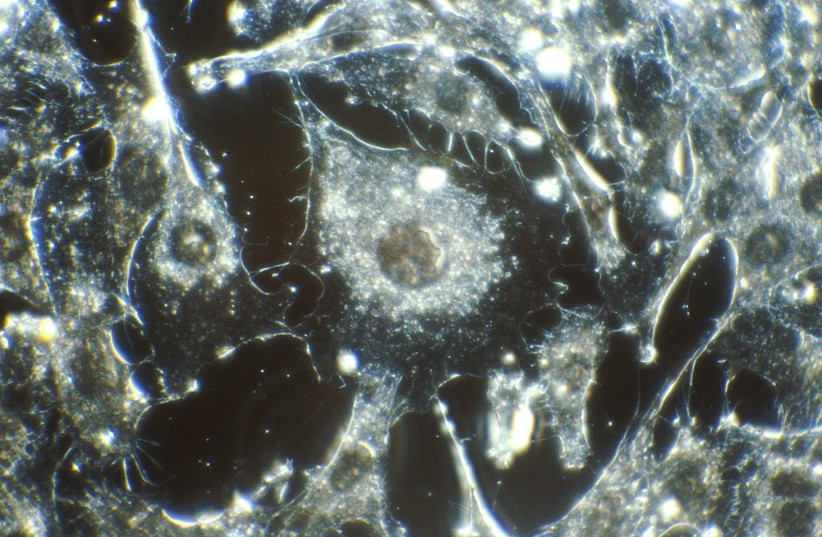US researchers at City of Hope have found a new way to treat cancer via a targeted chemotherapy pill that can kill solid tumors, according to a recent study.
The findings of this study were published in the peer-reviewed academic journal Cell Chemical Biology.
The drug in question, dubbed AOH1996, works by targeting a specific cancerous protein variant called a proliferating cell nuclear antigen (PCNA).
This protein is vital in DNA being able to replicate and therefore tumors being able to spread.
How does AOH1996 help treat cancer?
This is where AOH1996 differs from other targeted cancer treatments. Most others tend to focus just on a single pathway. However, that method can result in the cancer mutating and becoming more resistant to treatment.

"PCNA is like a major airline terminal hub containing multiple plane gates. Data suggests PCNA is uniquely altered in cancer cells, and this fact allowed us to design a drug that targeted only the form of PCNA in cancer cells. Our cancer-killing pill is like a snowstorm that closes a key airline hub, shutting down all flights in and out only in planes carrying cancer cells," said City of Hope Prof. Linda Malkas in a statement.
"Results have been promising. AOH1996 can suppress tumor growth as a monotherapy or combination treatment in cell and animal models without resulting in toxicity. The investigational chemotherapeutic is currently in a Phase 1 clinical trial in humans at City of Hope."
In tests, AOH1996 was found to be useful in treating breast, prostate, brain, ovarian, cervical, skin, and lung cancers. It selectively kills cells by disrupting how those cells reproduce. This process is known as apoptosis and it prevents cells with damaged DNA from spreading throughout the body.
More clinical trials are slated to help test this drug for future use.
"No one has ever targeted PCNA as a therapeutic because it was viewed as 'undruggable,' but clearly City of Hope was able to develop an investigational medicine for a challenging protein target," said Long Gu, lead author of the study and an associate research professor in the Department of Molecular Diagnostics and Experimental Therapeutics at Beckman Research Institute of City of Hope.
"We discovered that PCNA is one of the potential causes of increased nucleic acid replication errors in cancer cells. Now that we know the problem area and can inhibit it, we will dig deeper to understand the process to develop more personalized, targeted cancer medicines."
